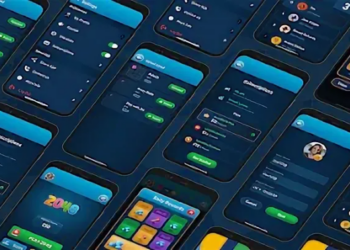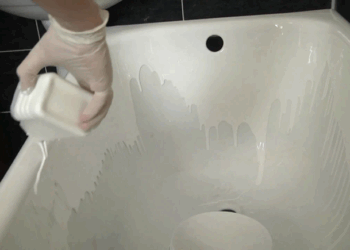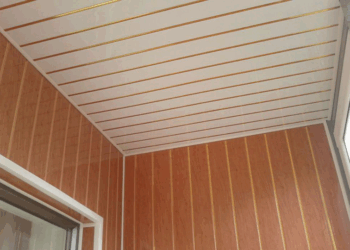Children are very inquisitive by nature.
In order for the child to develop cognitive processes, it is necessary to educate their curiosity from an early age. The process of the formation of certain motives of behavior should begin with the education of ordinary curiosity in the child. Children’s curiosity is the child’s need for new knowledge and impressions of the world around him, about objects, phenomena. And this means that the child is driven by interest in something unknown to him, new and unidentified. Why do children break toys? Yes, because they are interested and curious: “And how it works?»,» And what is it made of?»A little later, the child begins to ask his parents a variety of questions about everything in the world. But many parents are tiring constant and endless questions “What is it?»» And how?»» Why?»At best, parents dismiss an annoying child and leave his questions without answers. For the comprehensive development of the child, to know the surrounding world, one must answer his questions and satisfy his need for knowledge. But how to answer them correctly? Be a comprehensive answer to the question? Or ask him additional questions? It is advisable not to give the child ready -made answers, but with the help of leading questions to push him to independent reflection and comprehension of what he saw.
It is necessary to teach the child to obtain his knowledge of the world around him independently, by his own thoughts. Many psychologists recommend not giving the child exhaustive answers to questions, but to reason with him, with the help of additional questions already addressed to the child himself. And another way to develop in a child curiosity can be a game. Ask the child as much as possible to ask questions about any subject, for example, about the book, about the toy. To make the child interesting, you can play the game in the form of competitions — who will come up with questions the most — a child or an adult. Any question that the child asks is already valuable and important, since the child thought how to formulate the question correctly. And already for this should be praised. Such games «Questions — answers» contribute to the development of your child imagination, fantasy. The child learns to reason independently, draw conclusions and conclusions.
An ordinary fairy tale can significantly facilitate the process of developing curiosity. Children are very easily included in the fairy-playing process, on the basis of which you can learn a lot about the world around us, other people and yourself. It is best to compose a fairy tale about the child himself. So it will be most interesting. Now the new discoveries are made by some unknown hero there, but the child himself! And here you can come up with a huge number of interpretations, based on one or two plot. If it is very difficult to compose it themselves, you should definitely try to order such a personal fairy tale to specialists. Then a magical story will find not only a well -built plot, but also excellent illustrations and photos of your child. Yes! It will be such a completely “real” fairy tale that can enrich the light of curiosity and curiosity in any baby.
If the child is inquisitive, he has aspirations for cognition, obtaining knowledge about the world around him and all this together enriches the child’s life experience. If you, adults, will not develop curiosity, then cognitive activity, and in the future, will cause a feeling of violence against yourself, displeasure and suffering.
Curiosity is a positive energy that facilitates the study and other knowledge of the child. The education of curiosity contributes to the acquisition of new intellectual knowledge of children. Curiosity creates innovators, travelers, good professionals.












